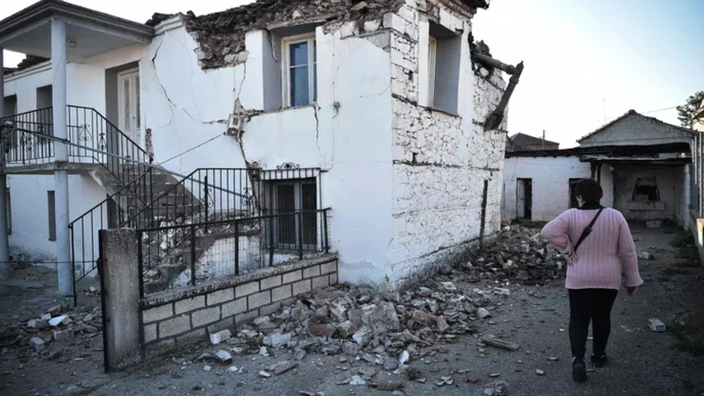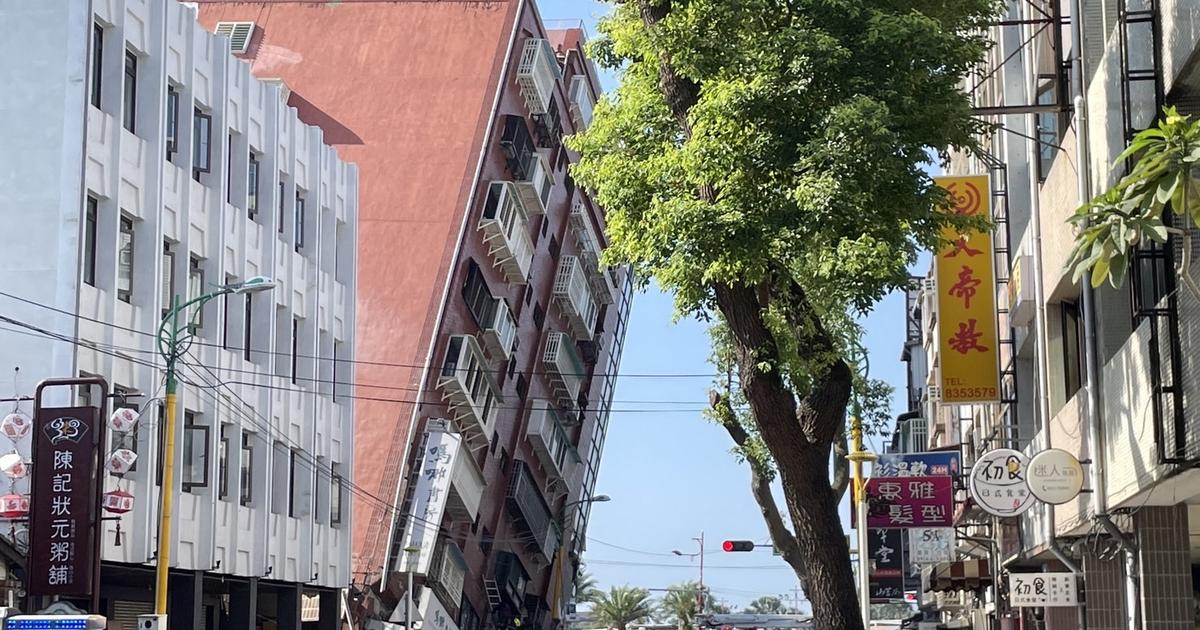Nearly 900 houses are considered uninhabitable after the earthquake that hit central Greece in the middle of the week, where strong aftershocks fueled fear among residents seeking shelter.
Read also: New earthquake in central Greece, magnitude 5.9
The two tremors of magnitude 6.2 and 5.9 that occurred on Wednesday and Thursday left eleven injured and caused extensive damage in the villages of Larissa, Elassona, Tyrnavos and Farkadona.
Of the 1,800 buildings inspected by dozens of engineers dispatched to the scene, some 898 homes are due to be demolished, in addition to hospitals, schools and churches, according to the Athens News Agency.
The predominantly agricultural area has many stone buildings over 70 years old and the authorities have sent camper vans and tents there to help people who have remained homeless despite the rainy weather and low temperatures. .
The regional governor of the region of Thessaly, Kostas Agorastos, assured that in the villages of Damassi and Messohori, work was underway to provide the makeshift shelters provided to the affected residents with water and electricity.
On Saturday, Deputy Interior Minister Stelios Petsas said 300,000 euros would be paid to each of the affected municipalities to meet the most urgent needs.
Seismologists have also warned residents of the area not to return to their homes if they are damaged, as they expect many aftershocks for several more months.
“It is obvious that the post-earthquake activity will be long, at least four to five months,” the director of the Greek Geodynamic Institute, Akis Tselentis, told the Kathimerini newspaper.
The region of Elassona, in central Greece, is still shaking and a 4.2 magnitude aftershock, felt on Saturday evening, reinforced the fears of residents still in shock.
Located on several fault lines, Greece is regularly affected by earthquakes.
But these most often occur at sea and do not claim victims.
In October, a 7.0 magnitude earthquake struck the Aegean Sea between the city of Izmir in western Turkey and the Greek island of Samos where two teenagers were killed in the collapse of 'a building.















